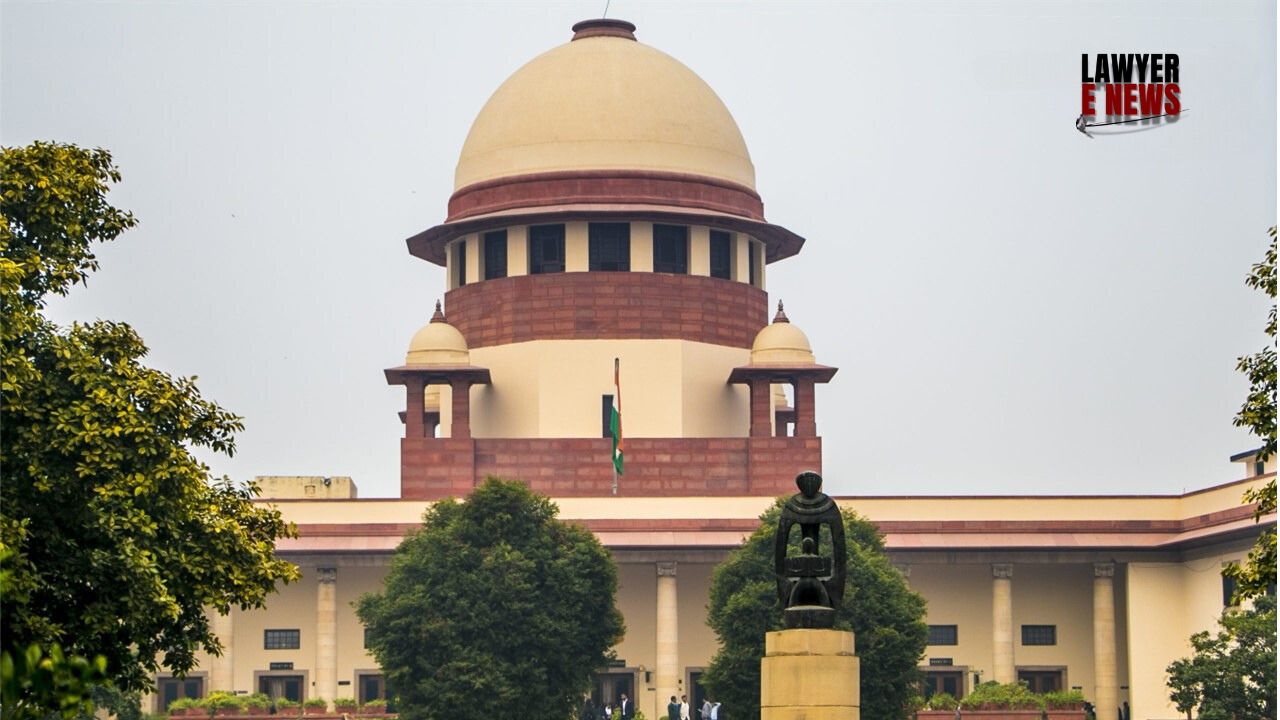-
by Admin
15 February 2026 5:35 AM



Supreme Court of India, led by Justice Surya Kant and Justice Ujjal Bhuyan, dismissed the appeal of Harshad Gupta, who sought to reopen his 2015 conviction for rape under Sections 376 and 506 of the IPC. The appellant contended that the successor judge should re-hear the arguments on conviction after the transfer of the original judge who delivered the conviction.
The case arose from an FIR registered in 2013, accusing Harshad Gupta of rape and criminal intimidation. The trial concluded in April 2015, with Gupta being convicted. However, before sentencing could be pronounced, the presiding judge was transferred, leading the appellant to demand that the new judge rehear both the conviction and sentencing.
The Supreme Court ruled that the appellant’s demand for a rehearing on the conviction was “wholly misconceived and misdirected”, as the original judgment was validly pronounced in 2015, making the conviction final under Section 235(1) of the Cr.P.C.. The Court held that the new judge was only required to hear Gupta on the quantum of the sentence under Section 235(2).
Dismissing the appeal, the Court directed the trial court to schedule a hearing on the sentence by November 2024, while rejecting any grounds for a retrial on the conviction. The judgment reaffirmed the finality of convictions once pronounced, clarifying the successor judge's limited role in such cases.
Date of Decision: October 1, 2024
Harshad Gupta v. The State of Chhattisgarh
